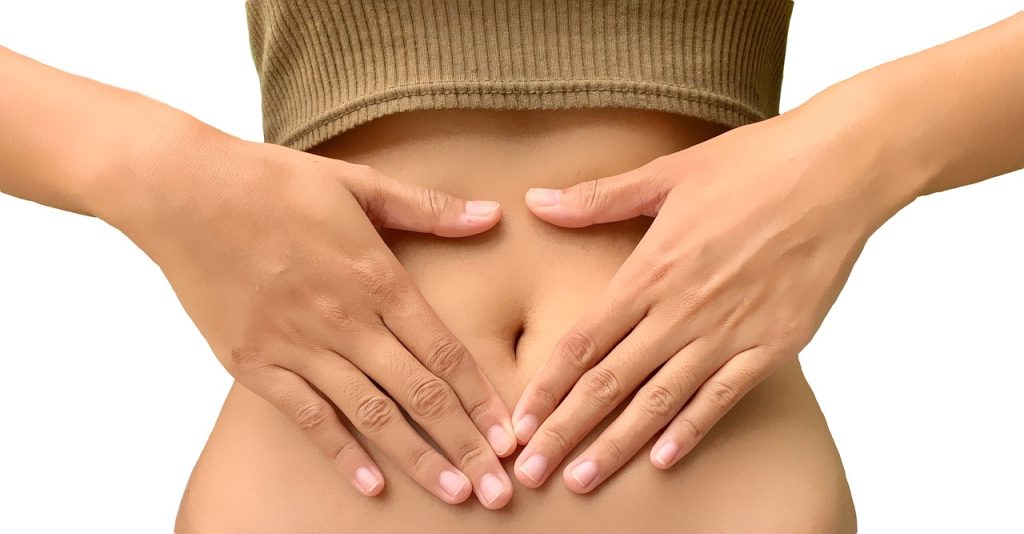We all know how important our eating is to our overall health and well-being. Even with the most regimented diets and lifestyles, we often need to supplement our hard work with essential vitamins and nutrients. One area that needs extra tender care is the gut. Did you know that our gut is considered the second brain in our bodies? Our guts do more than break down food and absorb nutrients. The gut helps with immune function, provides energy, and promotes skin health. Thankfully, there are ways to boost your gut health that can seriously impact how you look and feel. Keep reading for the essentials for a healthy gut.
Fermented Foods
If you’re already a fan and consumer of krauts or kimchis, chances are, your gut is loving you for it! For many, fermented foods are an acquired taste but one worth learning. Fermented foods help our gut’s health by preventing inflammation and creating a healthy gut microbiome. Next time you’re grocery shopping, stock up on Miso, fermented veggies, sauerkraut, tempeh, and kefir.
Probiotic Drinks
For people who can’t stomach fermented foods, convenient probiotic drinks are another great option to pack a probiotic punch. Not only are these ready-made and convenient, you know you’re getting your recommended amount of daily probiotics in one sitting. Taking the guesswork out of healthy habits makes it easier to stick with them. Probiotic drinks are not yogurt and contain much more healthy live bacteria on which your gut health thrives. You could also consider Gundry MD Primal Plants powder, a probiotic blend that can be easily incorporated into any drink of your choice.
Testing for Food Intolerances
Many people do a lot of work to get their health in great shape, including their gut. If you’re still struggling with gut health, no matter how much you try and are diligent, it’s a good idea to make an appointment with your GP to have yourself tested for food intolerances. Common food intolerances that could be the culprit of gut issues are dairy and gluten. You can try an elimination diet while waiting for your appointment to see if your gut symptoms improve.
Garlic
You’re likely used to garlic in your home cooking since it’s so delicious, but it is essential to gut health beyond its signature taste. Garlic is rich in prebiotics which is important to feed your gut bacteria. Garlic is excellent for other health conditions, from inflammation to digestive upset, so add extra to your next recipe or start taking a garlic supplement.
Slow Down on Sweets
Gut dysbiosis is an imbalance of gut microbes, and one of the biggest causes is eating too much sugar and other sweeteners. While there’s nothing wrong with having a sweet tooth, moderation is essential, like all things in life. An imbalanced gut microbiome can impact your brain function, so making sure to pass on too much sugar is key.
Fiber
A diet high in fiber has many health benefits, one of which is a healthier gut. Fiber is easily found in foods like beans, whole grains, cereals, berries, and more. You want to aim for at least 25 grams of fiber per day for optimal gut health. You can change the health of your gut microbiome in as little as two weeks by adding optimal fiber amounts to your diet.
Stress Less
Getting the advice to stress less can be frustrating, as it’s easier said than done. While stress’ effect on our mental health is well known, it also impacts our gut health. Stress will only exacerbate gut issues if you’re struggling with symptoms of poor gut health like fatigue, constipation, or immune function. Trying mindfulness and deep breathing techniques can be a great start to handling your stress levels.
Ditch the Coffee
For many people, a cup of coffee or green tea is necessary first thing in the morning, but if you’re struggling with gut issues, caffeine is the most common food culprit behind gluten and dairy. The stimulant effects of caffeine and being a diuretic can wreak havoc on a sensitive gut microbiome and is worth cutting back on or cutting out.
You can do many more things for your gut health, like getting plenty of exercise and sleep and avoiding antibiotics. Some people even need to eliminate certain chemicals within their homes, though rare. By being proactive with your gut health, you’re, in turn, taking charge of your general well-being. Here’s to your health!

